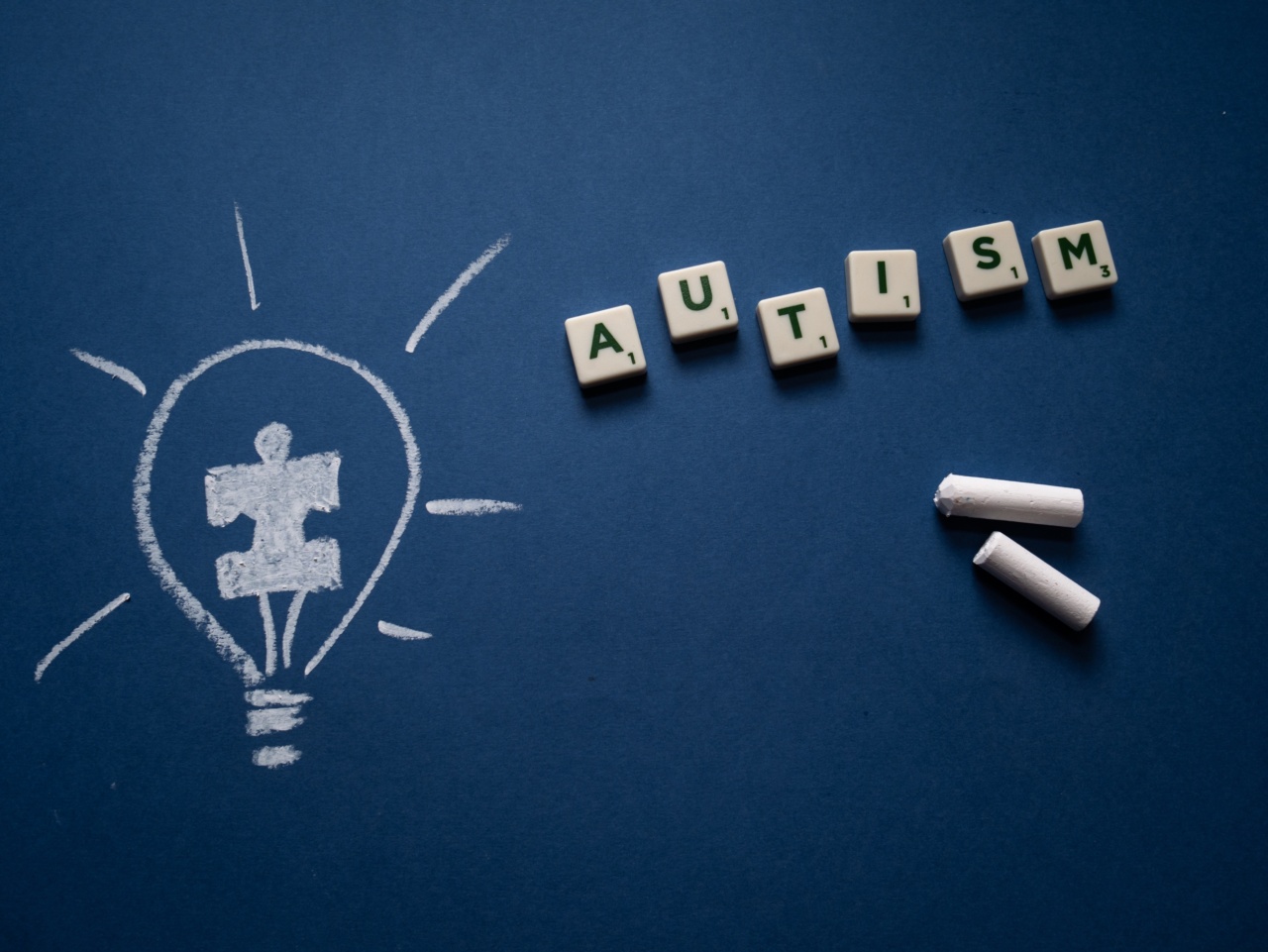Autism Spectrum Disorder (ASD) is a neurodevelopmental disorder characterized by persistent challenges in communication, social interaction, and repetitive patterns of behavior.
It affects approximately 1 in 54 children, making it a significant public health concern. While the exact causes of ASD remain elusive, researchers have made significant progress in understanding its genetic basis.
In a recent breakthrough, scientists have identified 18 previously unknown genes associated with ASD, shedding new light on the condition’s underlying mechanisms.
The Genetic Basis of Autism Spectrum Disorder
ASD has been widely recognized as a highly heritable disorder, with genetics playing a significant role in its development.
Over the years, researchers have conducted comprehensive studies to identify the specific genes and genomic regions associated with ASD. These efforts have led to the discovery of numerous genetic risk factors, which have contributed to our understanding of the condition.
Discovering New Genes
In a recent study published in the journal Nature, an international team of scientists conducted a genome-wide association study (GWAS) involving more than 35,000 individuals with ASD.
By analyzing their genetic data, the researchers identified 18 previously undiscovered genes that are linked to ASD.
The Role of the Identified Genes
The newly discovered genes provide valuable insights into the biological pathways involved in ASD. Many of these genes are involved in crucial neurodevelopmental processes, such as synaptic function, neuronal signaling, and brain development.
Understanding the functions of these genes can provide a deeper understanding of the molecular mechanisms underlying ASD.
Possible Therapeutic Implications
The identification of these genes opens up new avenues for potential therapeutic interventions for individuals with ASD.
With a better understanding of the specific genetic factors contributing to ASD, researchers can develop targeted treatments that address the underlying causes of the disorder.
Gene-Environment Interactions
While the new genes offer valuable insights, it is important to acknowledge the complex interplay between genetic factors and environmental influences in the development of ASD. Genetics alone cannot account for the entire spectrum of ASD phenotypes.
Environmental factors such as prenatal exposure to certain substances, maternal health, and early childhood experiences also contribute to the risk and severity of ASD.
Further Research and Collaboration
The discovery of these 18 genes highlights the importance of continued research and collaboration in unraveling the mysteries of ASD.
Scientists from different disciplines must work together to decode the intricate interactions between genetic and environmental factors, leading to a comprehensive understanding of the disorder.
Enhancing Early Detection and Intervention
Early detection and intervention play a crucial role in improving the outcomes for individuals with ASD.
The identification of these new genes can contribute to the development of more accurate diagnostic tools and screening methods, enabling early intervention strategies to be implemented.
Supporting Individuals with ASD
As the genetic understanding of ASD advances, it is imperative that adequate support and resources be made available to individuals and families affected by the disorder.
Improved genetic testing and counseling services can empower individuals with ASD and their families, helping them make informed decisions and access appropriate interventions.
Promoting Awareness and Acceptance
Despite the growing awareness and understanding of ASD, social stigma and misconceptions surrounding the disorder persist.
It is crucial to promote acceptance, inclusivity, and understanding to create a supportive environment for individuals with ASD and their families. Educating the general public about the genetic basis of ASD and the challenges individuals with ASD face can foster empathy and compassion in society.
The Way Forward
The discovery of 18 newly identified genes associated with ASD represents a significant milestone in autism research.
These findings provide valuable insights into the complex genetic architecture underlying ASD and offer potential avenues for therapeutic interventions. However, as research continues, it is essential to embrace a holistic approach that considers both genetic and environmental factors.
By working together, researchers, healthcare professionals, policymakers, and communities can improve the lives of individuals with ASD and pave the way for a more inclusive and supportive future.






























